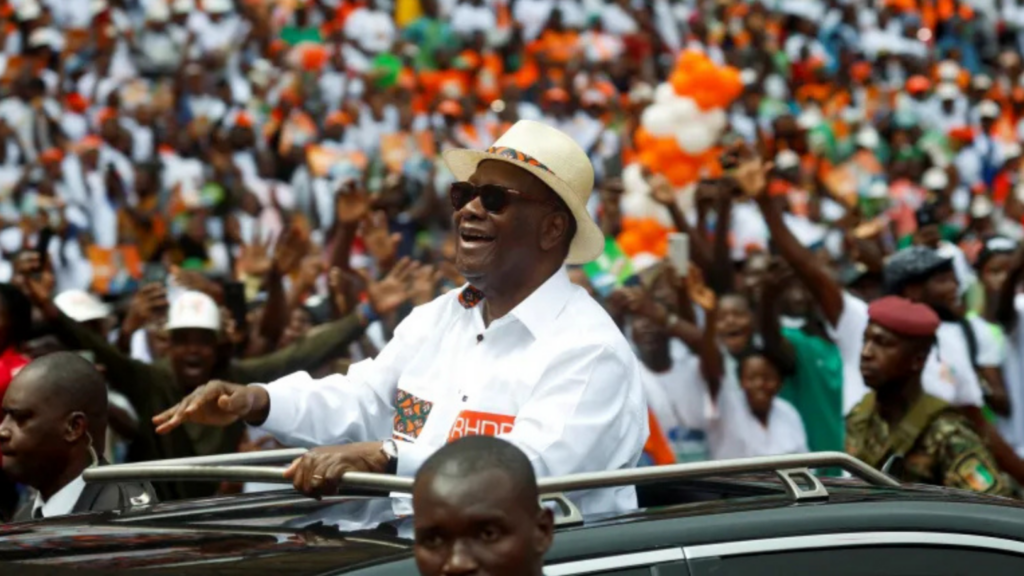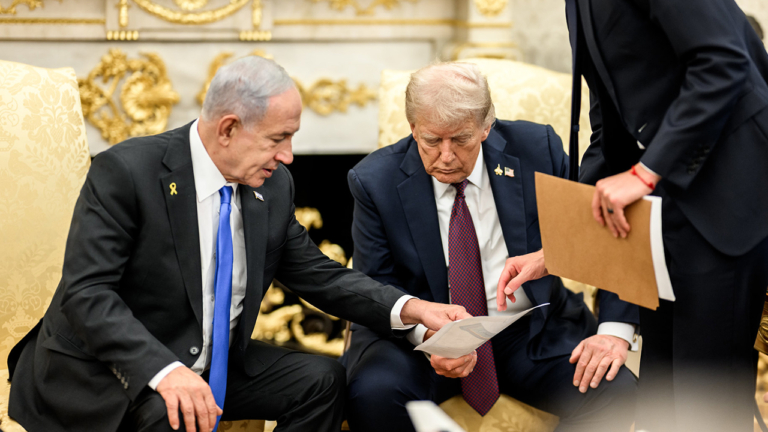Alexander Dugin’s Neo-Eurasianism in Putin’s Russia
The vacuum created in the ideological realm of Russia after it deviated from Communist ideology in the backdrop of Perestroika became a prime factor in Russia’s melancholy during its time of troubles in the ’90s. It is by no means an exaggeration that every epoch in modern Russian history was illuminated by some kind of ideology that constrained people to move on regardless of the realities they were surrounded by. However, the ideological anarchy that existed in post-Soviet Russia was followed by Yeltsin’s hobnobbing with Western liberal democracies which eventually resulted in utter failure. The rise of the lesser-known kooky character named Alexander Dugin was mainly bolstered by the socio-political and economic discontents of Russia in the ’90s.
Dugin’s penchant for mysticism, traditionalism and more importantly his antipathy for the US-led liberal order made him the guru of the neo-right-wing brigade in Russia. Dugin was responsible for reviving a principle propounded by Sir Halfeld Mackinder on the importance of geopolitics. Mackinder was plucked from obscurity to fame as Dugin clung to the idea of geopolitics for his cardinal thesis on post-Soviet Russian space. Accordingly, Dugin’s publication of his major work in 1997, “The Foundation of Geopolitics”, sprang out of Mackinder’s ideas and created a large brainstorm in Russian intelligentsia that paved the path for Dugin to become the new prophet of Russian right-wing ideology. The book rose in popularity when Russian elites were becoming increasingly ambivalent about Yeltsin’s dream of western liberal democracy. The basic argument Dugin narrated in “The Foundation of Geopolitics” was an appealing one. He argued that geography, not economics, is the pivotal cause of world power and Russia because of its physical location should acquire a primary global role. The US was illustrated as the biggest villain which persisted in its “Atlanticism” over continental Europe. Dugin argued that a Eurasian Empire will emerge by denying the common enemy, the USA, and its liberal values. In writing his classic work, Dugin insisted on the grave necessity of keeping a rapport with common allies like Iran against the common enemy. Yet, in the Eurasian project, Dugin clung to the idea of preserving the ethnic and cultural diversity of the Eurasian civilization. Quoting the words of new right-wing ideologist Jean Francis Thiriart’s famous saying “The main mistake of Hitler was that he tried to make Europe German. Instead, he should have tried to make it European”; Dugin affirmed that Eurasianism would not be an imperial force.
Dugin’s influence in Russia has seen a steeping increase under Putin’s rule and his classic text “The Foundation of Geopolitics” has become a canonical reading for senior officers in the Russian military indicating the depth of Dugin’s rapport with the state apparatus. Dugin is known for his intellectual fascination with Heidegger and Julius Evola, especially the latter who he considered a true European traditionalist who rejected decadent concepts such as liberalism and pacifism. In establishing the international Eurasianist movement, Dugin vowed to expand his campaign against America’s Atlanticism beyond Ruski Mir. The growing popularity of Dugin outside Russia as a public intellectual reveals the power of his ideas.
Following the Russian Federation’s military campaigns in Georgia in 2008 and the hostile situation in Crimea in 2014 Dudin became an advocate for Kremlin’s military machinery and Putin’s chauvinist foreign policy. In particular, his harsh remarks on Eastern Ukraine grabbed the world’s attention as he legitimized Russia’s military intervention and called it a “Russian Spring”. His obsession with annexing Crimea dates back to the Georgian invasion, where Dugin was known to travel to disputed South Ossetia to encourage the separatist movement there. However, regardless of his partiality towards Putin at outset, he started to critique Putin in the post-Crimean period. Dugin went on to criticize Putin’s affinity with the liberals and the businessmen with western influence, which Dugin regarded as a weakening action of Russia’s nationalist revival. Dugin’s newest publication “Putin Vs Putin” is a sentimental plea to the Russian president in an attempt to change his stances.
Today Dugin stands as a stalwart in Russian nationalism, with his Neo-Eurasian project having consolidated many forces against the US and its liberal values. Taking Moscow as an idea standing for the Orthodox creed based on Filofi’s 16th century “Third Rome Doctrine”, the alternative suggested by Alexander Dugin invokes the Eurasian nations to drift away from the Atlantists led by the US and its market civilization. Dugin lampooned it as “The world of the sea, beginning with Carthage and ending with the US, embodies the pole of merchant regime”. Nevertheless, many scholars have argued that Dugin’s sway over Putin is highly overstated. In fact, there is no plausible evidence to show a direct link between Putin and Dugin, but the palpable ideological similarities shown by both regarding specific issues denote that Dugin has exerted some degree of influence over Putin in the past. The Russian President’s flare for reviving the traditional Russian family values and his ardour for Orthodoxy are undoubtedly rooted in Dugin’s ideas. While drawing a parallelism between Alexander Dugin and Rasputin may be a hyperbolic attempt, Dugin’s Neo-Eurasian project has become an appealing trajectory for the Kremlin in shaping Russia’s new geopolitical vision.



